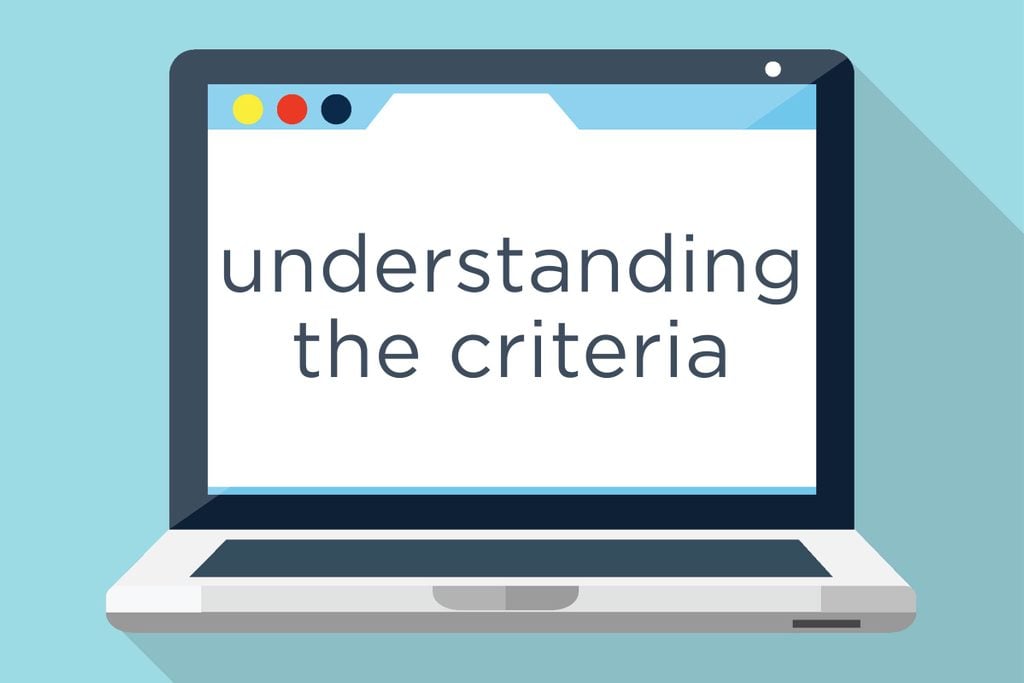
Best sources of health news and information on the web: Understanding the criteria
More than 70 percent of us search online for information about health conditions and medical treatments, according to Pew research, but what if the information we gather is inaccurate, incomplete, or just plain false? It’s not always easy to tell, says Gary Schwitzer, Publisher of HealthNewsReview.org and an Adjunct Associate Professor at the University of Minnesota School of Public Health. Schwitzer’s site keeps health reporters honest by reviewing news coverage and press releases across multiple sites. Scores are based on 10 criteria including discussion of cost, analysis of risks and benefits, mention of alternative treatments, reliance on scare tactics or disease mongering, as well as whether the writer grasps and explains the quality of the research or study, quotes relevant independent sources, and identifies any conflict of interest. The site also assesses whether the article is simply a regurgitated press release or original reporting, how novel the treatment really is, and whether the new idea is available yet (or did the story make an early trial sound like it was something available at the corner drug store?). Schwitzer’s team has been doing this for almost 12 years and has accrued quite a lot of information about the best and worst sources of health news in the process. (Note: They don’t rate Rd.com.)
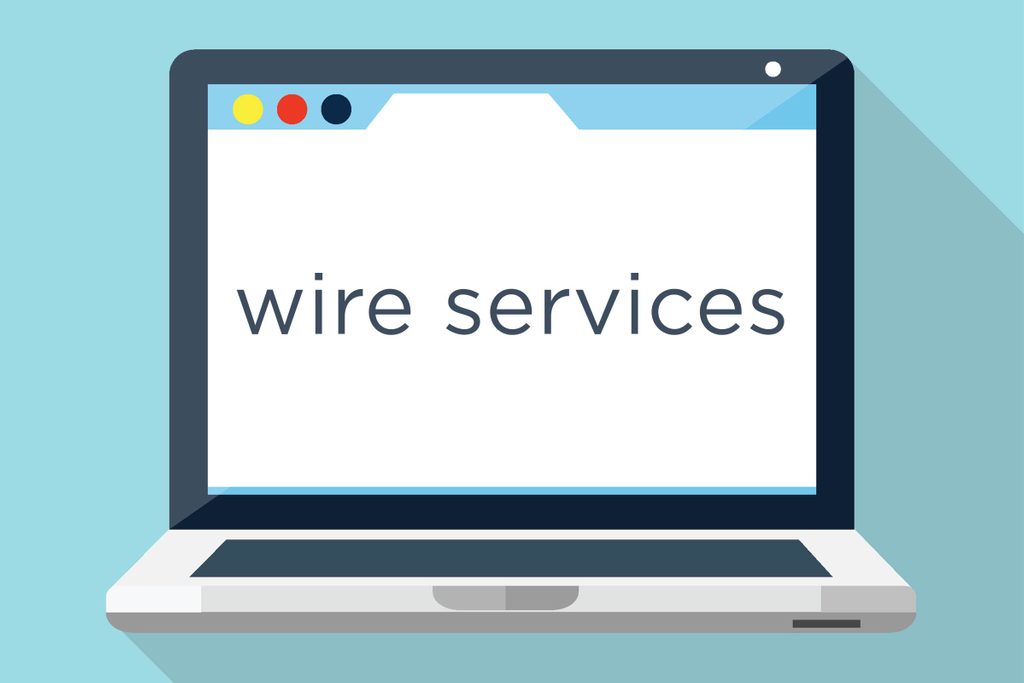
Best sources of health news and information on the web: wire services
If you want the latest news on your diabetes, arthritis, blood pressure, or TMJ, old-fashioned wire services such as the Associated Press (AP) still rock, Schwitzer says. The AP earned an average of 3.66 stars after 326 story reviews, which is better than the average rating of 3.11 stars. (The maximum score a site or story can achieve is the coveted five-star rating.) That’s not to say that the AP can’t have its bad days too, but “they exercise more restraint because they have a veteran health and medical science reporting team and seem to scrutinize carefully whether some things are simply not worth reporting,” he says. (Some sites have fewer story reviews than AP, but most have enough to provide a ballpark of how good the reporting is.)
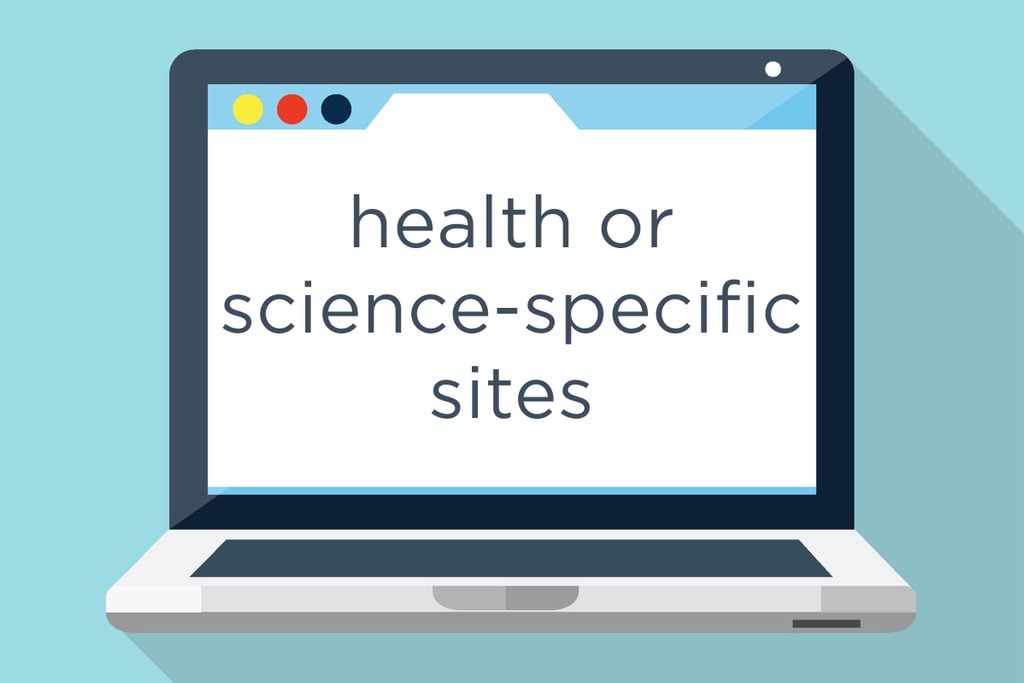
Best sources of health news and information on the web: health or science-specific sites
While there are many specific health news sites such as healthday.com, everydayhealth.com, and webmd.com, most of us get our science news from more general outlets, but 28 percent of us question how often these outlets get the facts right, according to Pew. By contrast, roughly half of Americans say specialty sources are more accurate. “A story in a science section is more likely to be accurate than a health story that appears in another unrelated section,” says Ivan Oransky, MD, the Distinguished Writer in Residence at New York University’s Arthur Carter Journalism Institute and a Clinical Assistant Professor of Medicine at New York University School of Medicine in New York City. He is also the co-founder of Retraction Watch, an Editor at Large for MedPage Today and the President of the Association of Health Care Journalists. This is likely because veteran science and health reporters know their beats pretty well.

Best sources of health news and information on the web: .gov sites
For the most part, health news and information sites with a .gov after their name are the real deal, says Stephen Barrett, MD, a retired psychiatrist near Chapel Hill, NC and founder of Quackwatch.com, a website that calls out quackery in the medical news. You can’t get a .gov domain unless you are a true government entity, he says. In general, .org (typically nonprofit sites) and .edu (US educational institutions) are more reputable and trustworthy than .com or .net sites, which connote private companies. Check out the domain next time you are reading health information online to get a better handle on whether the source may have an agenda.
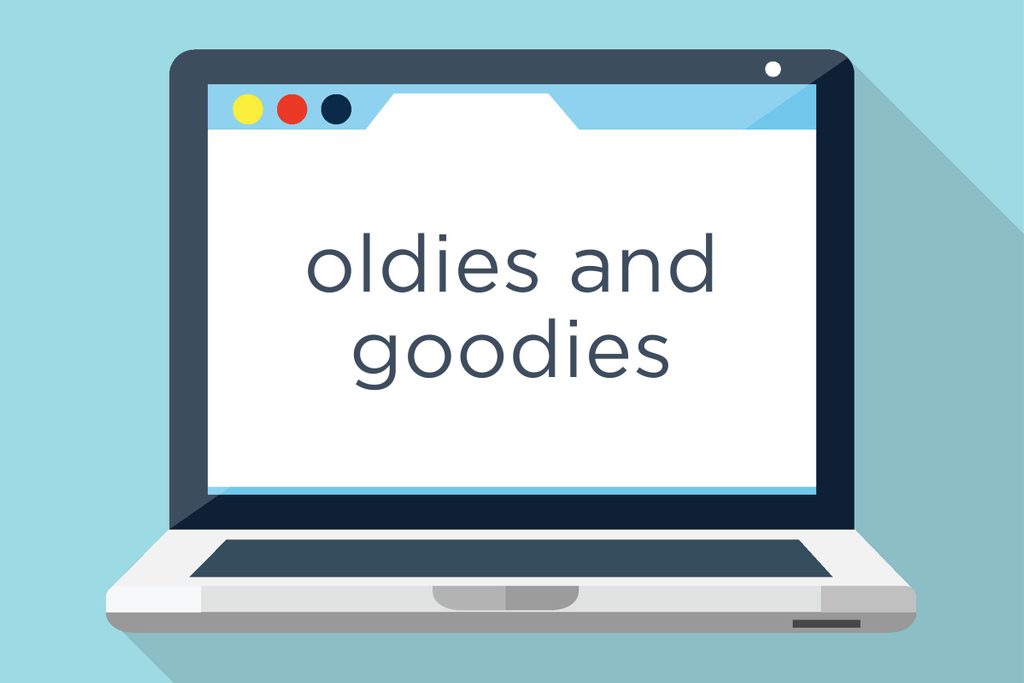
Best sources of health news and information on the web: oldies and goodies
Many health news sites have been around for a while. Standing the test of time adds to the trustworthiness factor, but some newbies also do a good job of reporting health news, says Schwitzer. New kids on the block that consistently grade well include vox.com, fivethirtyeight and STAT, all of which average 4 or more stars out of 5, he says.
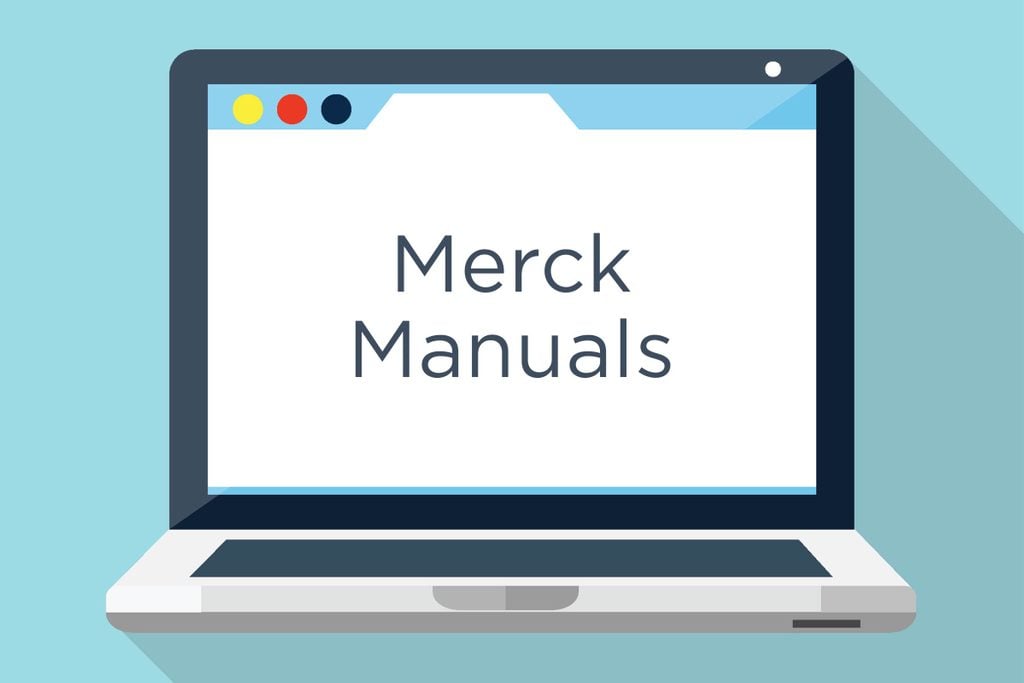
Best sources of health news and information on the web: Merck Manuals
The Merck Manual has long been considered a bible for doctors, patients, and the worried well. “If you want straightforward simple information about a disease, how it is treated, and what the prognosis is, the Merck Manual consumer edition and/or the doctor edition are great places to learn,” Barrett says.
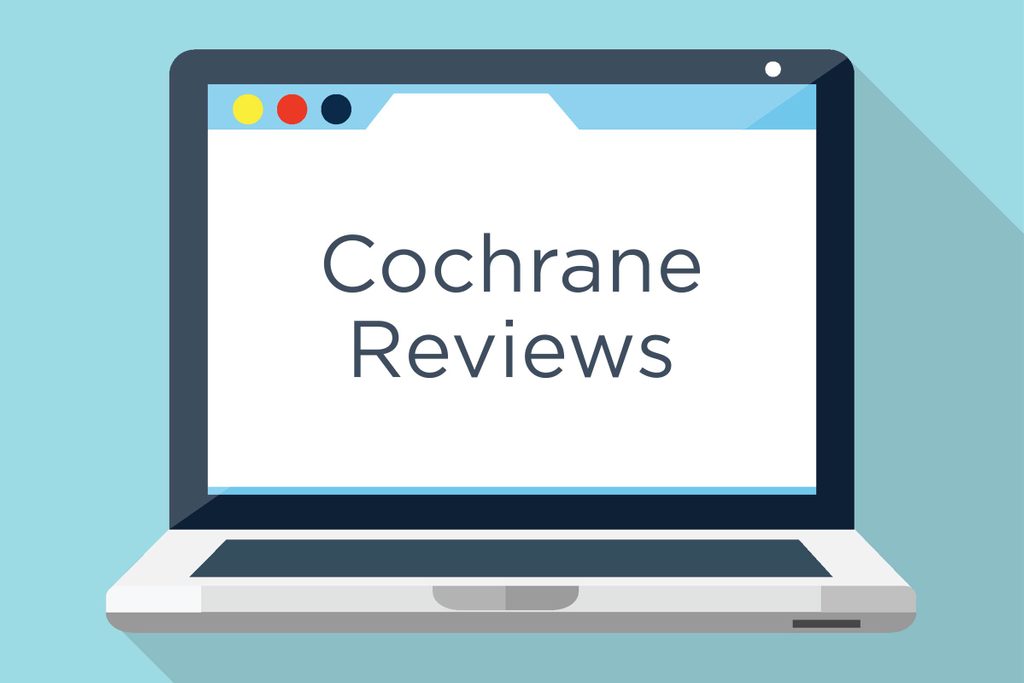
Best sources of health news and information on the web: Cochrane Reviews
You won’t find any sexy headlines or click bait on this site, but Cochrane Reviews is a top source when it comes to health news. This site is chock full of evidence-based reviews on a host of topics from yoga for epilepsy and garlic for the common cold to acupuncture for period pain and really anything in between. All conclusions are explained in lay language too. This is the go-to for evidence-based news, which is why it is so often quoted in health news stories such as which natural cold remedies really work.
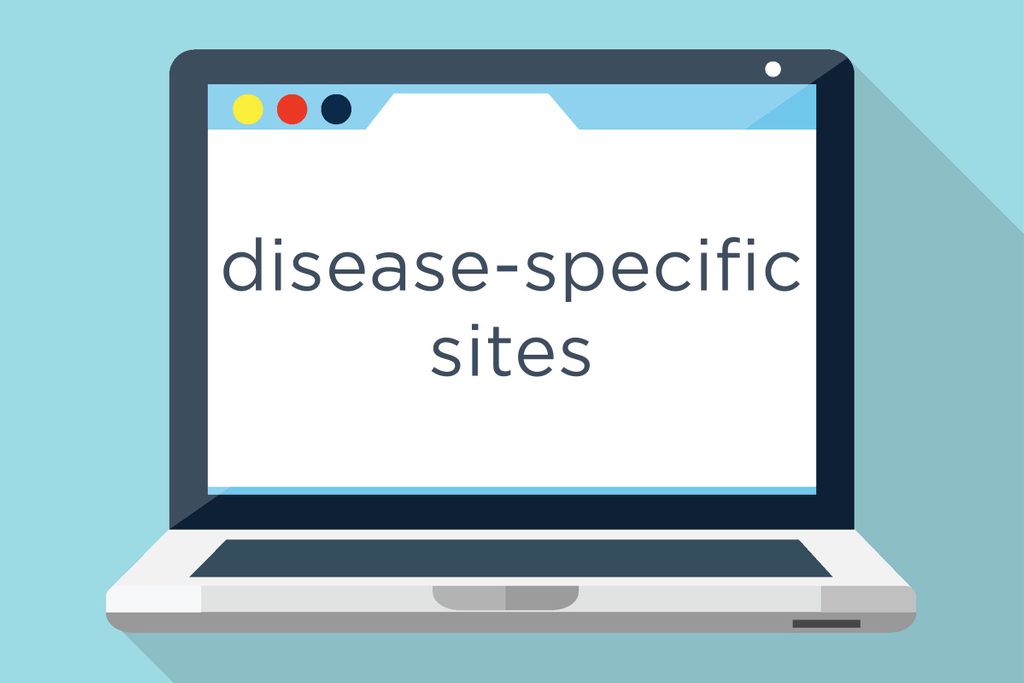
Best sources of health news and information on the web: disease-specific sites
There are dozens of excellent sites dedicated to specific diseases and conditions such as the American Heart Association, the American Cancer Society, and the American College of Rheumatology, but news seekers beware: Some disease-specific sites are created by big pharma to drum up interest in a new drug or therapy. “They can be consumer friendly and engaging,” Oransky says. Check out the “about us” or “contact us” tabs to see if it is, in fact, developed by a drug or device company. “You can also look at the board of directors to see if they are all pharma execs and not medical doctors.” (If there are doctors listed, you can dig deeper by checking Dollars for Docs – ProPublica to see how much money they get from pharma.)
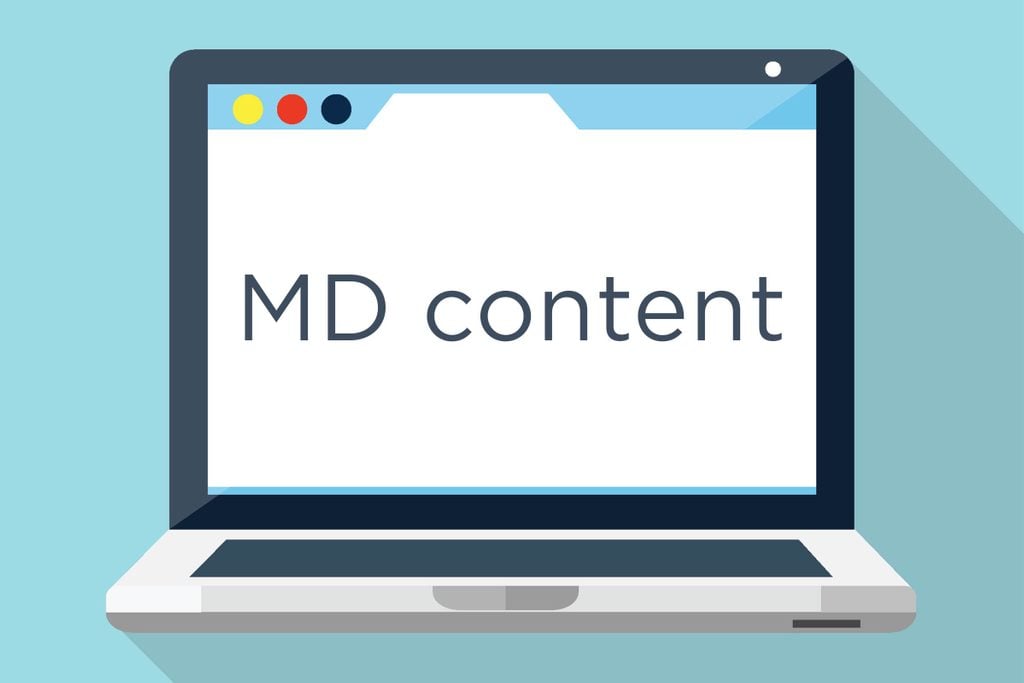
Best sources of health news and information: MD content
Curious what your doctor is really thinking? Start by reading what he or she is reading. “A motivated lay person can read what the doctors are reading,” Oransky says. This can include journals (many which now publish lay summaries) as well as news sites like MedPage Today and Medscape that cater to healthcare professionals.

Worst sources of health news and information: e-commerce sites
There are many e-commerce sites on the web, and that is well and good if you are shopping for products, but not if you are seeking trustworthy health news. “If you find that the provider of the information is selling dietary supplements, or homeopathy or herbal products, leave the site, as the chance of getting accurate information is zero,” Barrett says. Don’t miss these signs you can’t trust the health advice you just found on the web.
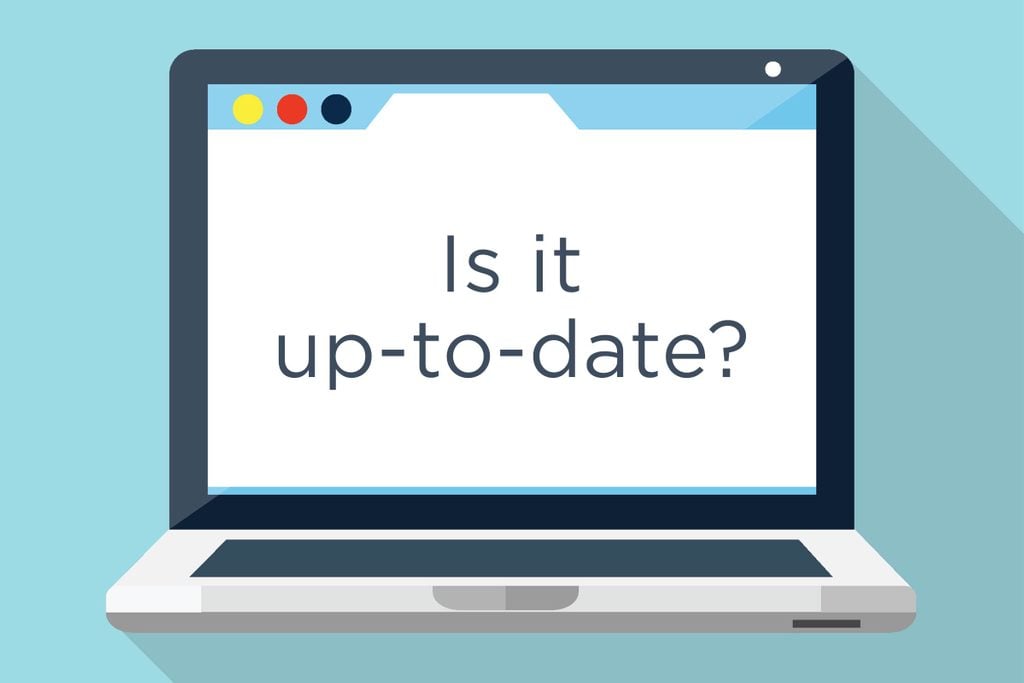
Assessing best sources of health news and information on the web: Is it up-to-date?
Health news changes frequently. It can be dizzying to keep up with stories like the simple supplement solution that researchers believe could reduce asthma attacks by 50 percent. Health news sites should be updated frequently. Check to see when the last time an article was reviewed, but keep in mind that evergreen stories such as Habits Doctors Use to Avoid Cold and Flu don’t change much from year to year, or even decade to decade, according to the Office of the National Coordinator for Health Information Technology. Studies or research cited within the article should be within five years to be considered current unless it is the watershed study on the issue.
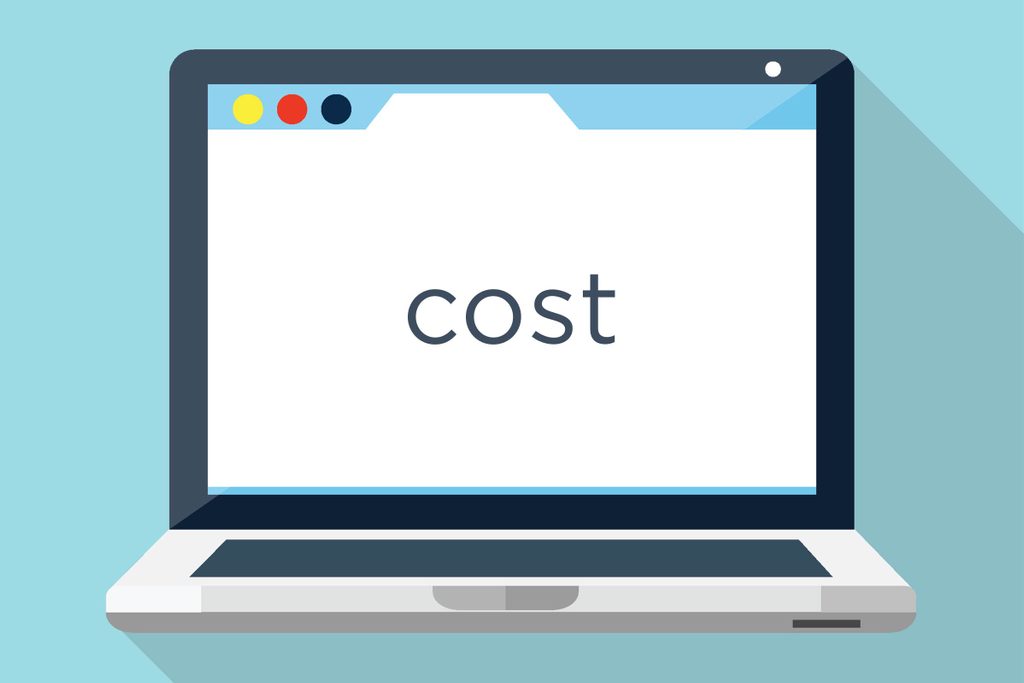
Assessing best sources of health news and information on the web: the C word
Cost of the treatment should be addressed in health stories, but this isn’t always the case, Schwitzer says. Seventy percent of news stories that discuss a new treatment fail to adequately address cost, according to data from HealthNewsReview.org. In addition, when a health news story introduces a new and perhaps less invasive treatment for a disease or condition, it should also compare said treatment to existing options. A frank discussion of risks and benefits is also an integral part of a fair and balanced health news story, yet fully two-thirds of news stories fail to adequately discuss how big or small the benefit or harm is, HealthNewsReview.org reports. “There are always trade-offs, so if an article only mentions benefits, run for the hills,” he says. “If it sounds too good to be true, it probably is.”
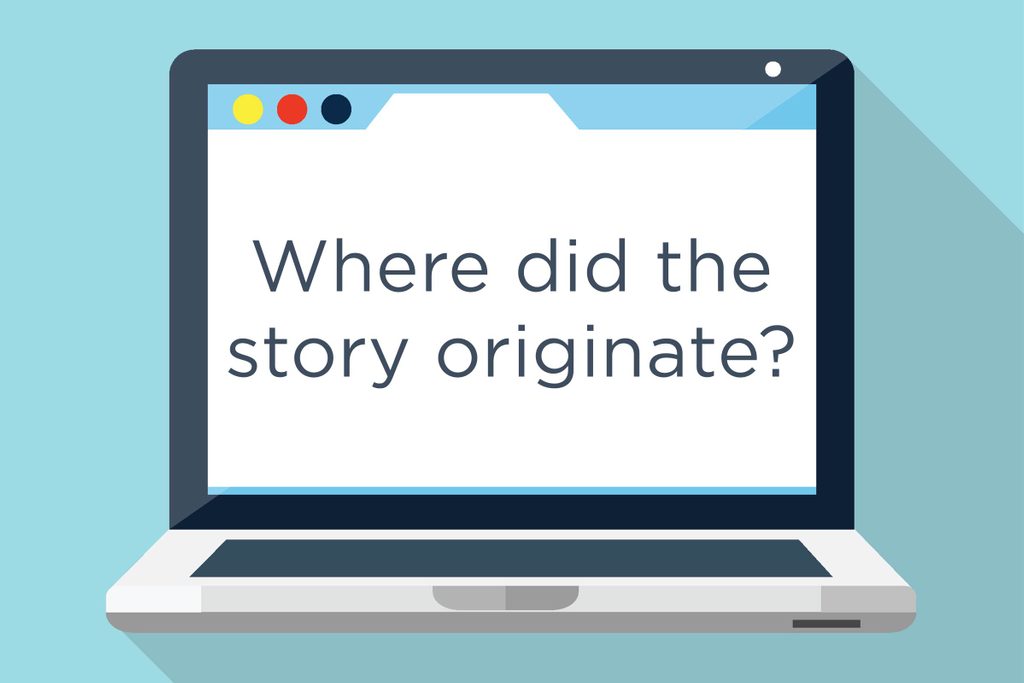
Assessing best sources of health news and information on the web: Where did the story originate?
There are many ways that journalists get news. It can be at major medical meetings or through some of the many medical journals that publish original research. If a news story is based on a new study, where the study was published matters. Some journals have intensive peer-review processes, meaning that physicians take a deep dive into the data to make sure that the conclusions are correct and that the methodology is sound, while others may be less scrupulous. It’s also important to see who paid for the study. Many trials are funded by big pharma or medical-device companies, which could result in a bias. (A 2017 Cochrane Collaboration Review found that studies sponsored by a drug or device maker were more likely to be favorable to a sponsor’s product.)
Some stories come from press releases designed to tip reporters off to breaking news. This is OK, assuming that the press release serves as a starting point and is not simply repurposed as news.
The type of study matters too. The gold standard is double-blind trials, where people are randomly assigned to either a placebo (control) group or an experimental group. None of the participants or researchers know which group they are in until the study ends, so there’s less chance for bias. Some other types of studies have inherent limitations. For example, the data could have been collected retrospectively, i.e. a questionnaire about what you consumed when pregnant that is answered a year after you have given birth. This can be subject to recall bias (memory fails). Or some studies may look only at participants in a single geographical area, making it difficult to determine whether the findings can be extrapolated to other parts of the country or world. These limitations are just that… limitations. They don’t necessarily negate the findings, but they do need to be considered when making any broad interpretations of the data. The devil is often in the deets, Oransky says. “A casual reader may see a headline that states a compound causes cancer, but what the study actually found is that it caused cancer in lab animals who are bred to develop cancer in high doses.”
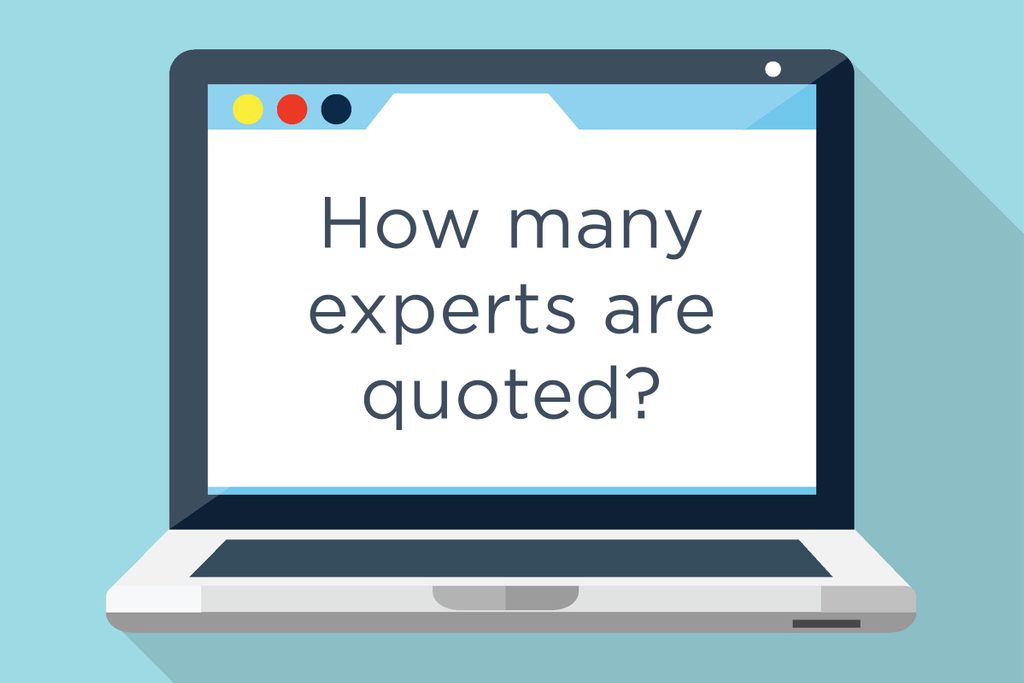
Assessing best sources of health news and information on the web: How many experts are quoted?
Legit health news should quote several independent sources. “Single-sourced stories are red flags,” says Schwitzer. Look at who is being quoted and what their credentials are, Oransky adds. Do they have the appropriate background to discuss the study findings? For example, is the doctor talking about heart surgery a heart surgeon or is he a chiropractor?
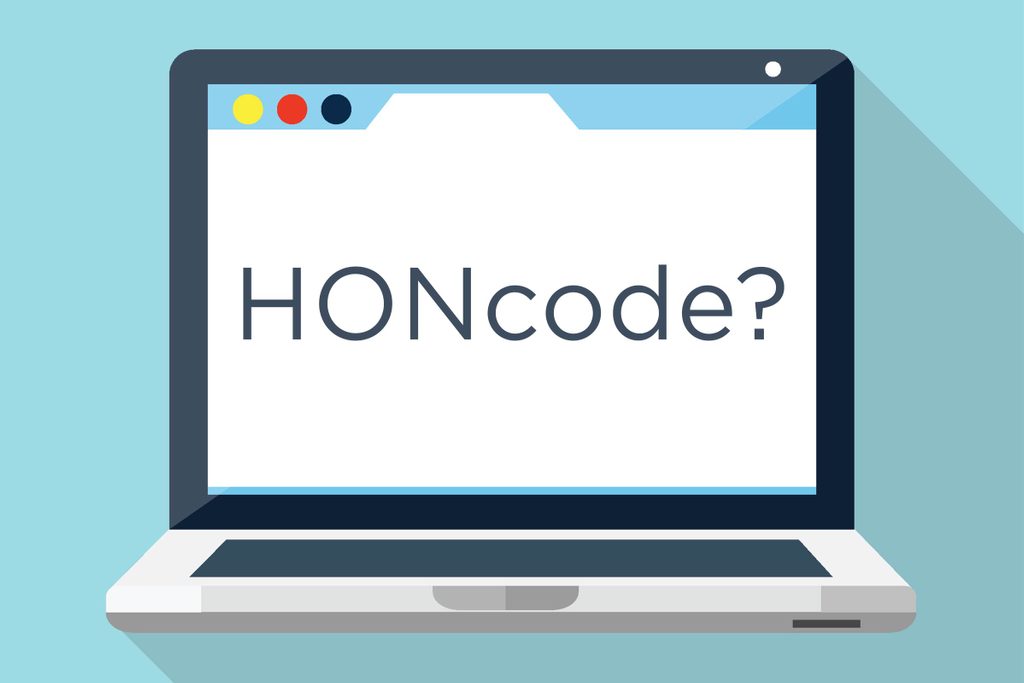
Assessing best sources of health news and information: HONcode?
The Health on the Net Foundation Code of Conduct (HONcode) certification suggests that the site has credible information. “If a site doesn’t have this, I’d worry, but just because they have it doesn’t mean they are totally legitimate,” explains Oransky. (Government-sponsored health sites don’t have the seal.)
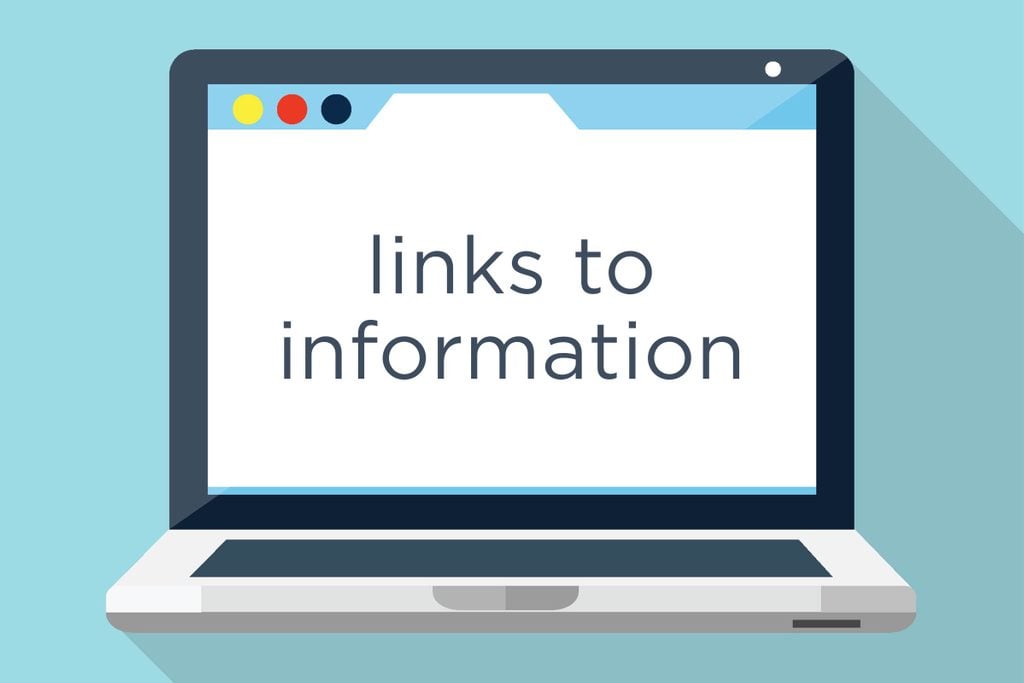
Assessing best sources of health news and information on the web: links to information
Reporting on the web allows for links to original sources of material such as the study. “If it is a news story, the link should be to the original source, not a blog post about the study,” Oransky says. Other linked sources should also be non-profit, such as the federal Centers for Disease Control and Prevention website, rather than, say, a supplement vendor, when attributing facts, stats or background info. Just because a site looks legitimate doesn’t mean that it is, something a reader has to take a deep dive to see. “Click through the links to see where they take you.”
